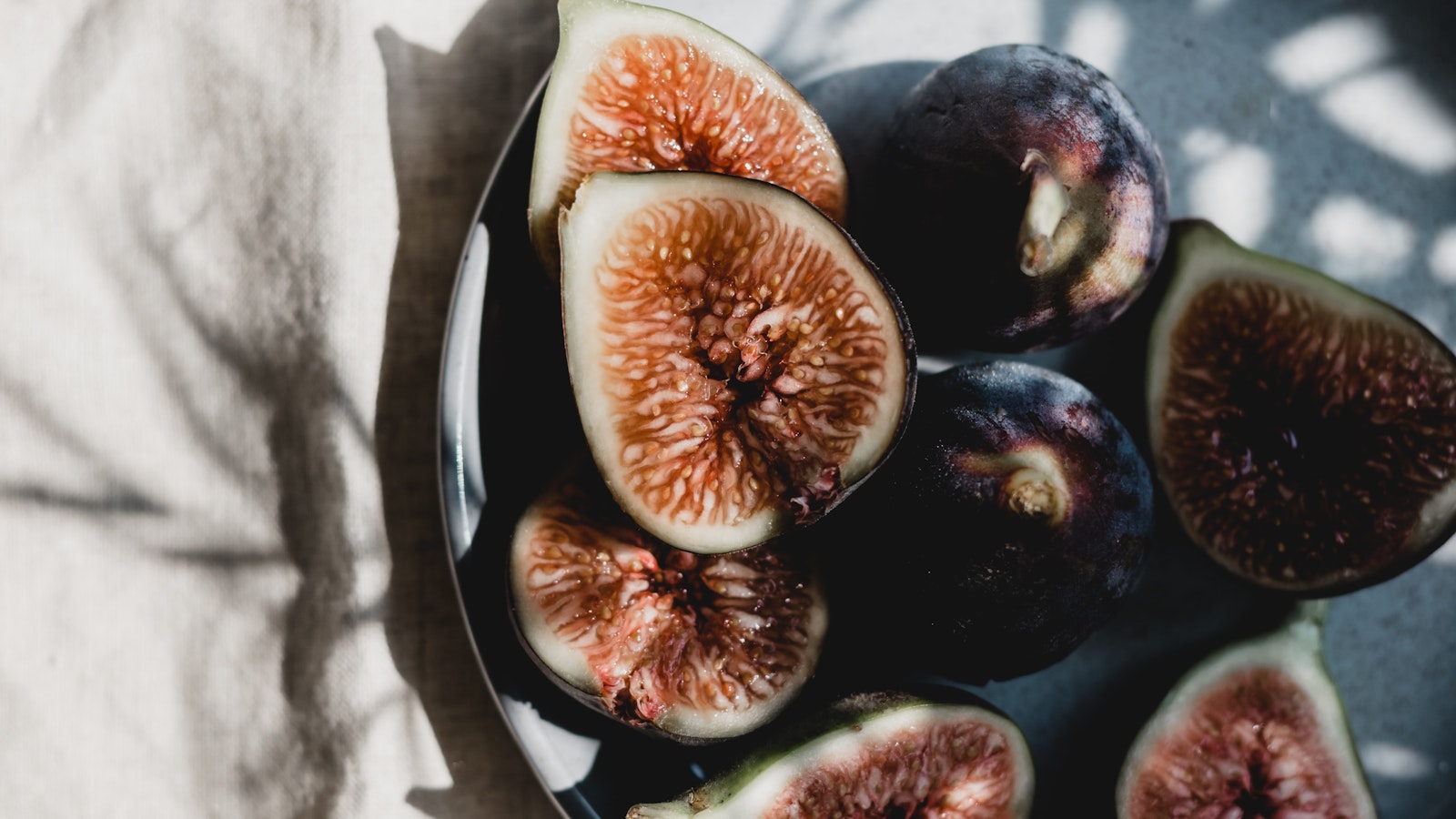But with dairy products, tuna fish, meat, almonds and avocadoes – to name but a scattershot few – coming under fire for the damage they cause thanks to their hefty carbon footprint, vast water consumption, or destruction of natural habitats, going to the supermarket can feel like a minefield. Throw in a cost of living crisis and it’s a wonder that there aren’t more people visibly hamstrung and paralysed by the agony of choice – or, more precisely, the lack of it – in the aisles.
An easier and kinder approach may, then, be to look at what we can eat that does not wreak havoc on the environment, thus choosing to take a more positive view of the situation. Here, then, are five foods that we should all be eating more of and substituting others out for, plus a recipe suggestion for each one to get the juices flowing.
Oysters

Oysters – and in fact mussels too – are a great choice for a myriad of reasons. They contain a high level of protein, more in fact than most meats, making them super healthy. They also contain omega-3, iron, zinc and magnesium. So far, so healthy. But even better, while they do our bodies good, they are also actively beneficial for the sea, cleaning it up as their shells permanently remove carbon from the ocean and atmosphere. We love this recipe from Delicious for oysters with mignonette, creme fraiche and rhubarb. Pretty as a picture.
Pulses

Pulses require little water to produce a high yield. They are some of the most readily available foods on the planets. And, to boot, legumes are also nitrogen fixers, meaning that, in tandem with the bacteria rhizobia, they draw nitrogen from the air and store it in the roots of their plants, feeding it back into the soil to nourish other plants once they have completed their life cycle. Not only is this healthy in itself, it also means that growing these plants does not require the use of synthetic nitrogen fertilisers. Vegetarians and vegans alike have long known that pulses are a brilliant source of plant-based protein, thus helping those who want to ditch meat (also good for the planet) to do so healthily. We could eat this broad bean, garlic and feta bruschetta from Jamie Oliver all day long.
Walnuts

Unlike almonds, walnuts are a more sustainable option if you like to eat nuts by the handful. They require little water and not too much in the way upkeep – plus, they are highly nutritious, packed with vitamins and are one of the more inexpensive nuts on the market. That last is of particular note in the midst of a cost of living crisis – we can highly recommend scattering a few – toasted or not – atop salads, where they can help to make simple, low-cost meals more filling. This recipe from BBC Good Food for grilled aubergines with spicy chickpeas and walnut sauce is a tasty and sustainable weeknight dinner winner and packs a big, smoky flavoursome punch.
Laver Seaweed

Most of us will have hungrily devoured the crispy seaweed amid a smorgasbord of goodies on the table at a Chinese restaurant. But what of cooking with it at home? If you haven’t before now, then you definitely should. A common seaweed on Britain's rocky coasts, it is packed with antioxidants, iodine and vitamin C. Plus, algae is also responsible for half of all of the oxygen production on Earth – so there’s a little more to it than simply a tasty side dish. We couldn’t love this recipe from The Pembrokeshire Beach Food Company more for five beans on toast with Welshman’s caviar any more than we do. Sublime.
Mushrooms

Mushrooms grow in abundance around the world, with literally thousands of varieties available (if picking your own, do make absolute sure you know what you’re looking for – and if in doubt, just don’t). Often growing where nothing else would, they require no human or synthetic fertilizers to help to cultivate, plus they are rich in protein, fibre, B vitamins and vitamin D, all while offering a lovely earthy flavour. Olive’s recipe for mushroom risotto could not be more inviting for the autumnal months stretching ahead.
By Nancy Alsop
September 2023





